The Digital Trade Integration (DTI) project aims to support academic and policy research related to the regulation of digital trade across the world. The project intends to complement existing initiatives mapping regulatory measures while providing a specific focus on policy measures directly relevant to digital trade integration with coverage of all components of digital trade: ICT goods, online services, foreign investment in sectors relevant to digital trade, and data.
The first output of the project is the DTI database: an open-access repository of regulatory policies and practices pertaining to the digital economy. The database currently includes regulatory information for 163 economies worldwide and strives to include more countries to become a global reference. By providing comprehensive and comparable information on regulatory policies and practices, the database boosts the transparency of digital trade governance, permitting analysis of differences in policies across countries, their effectiveness in supporting international trade and investment in digital-intensive products, and identification of good practices. The repository contains both policies expected to limit digital trade integration (restrictions) and measures expected to facilitate digital trade integration (enabling policies).
A description of the pillars and indicators in the database can be found in this paper, which also contains information about the data collection methodology and main sources for the analysis.
The next output will be the Digital Trade Integration Index (DTII), which will rely on the data of the DTI repository and allow for comparison between countries to increase transparency and enable empirical research. The index will be released soon.
Suggested citation: Ferracane, M.F., González Ugarte, S. & Rogaler, T. (Eds.), (2025). Digital Trade Integration Database. European University Institute et al. https://dti.eui.eu
Our team
The project is coordinated by Prof. Martina F. Ferracane with the support of Simón González Ugarte and Tomás Rogaler Wilson.
For any inquiries, please contact dtiproject@eui.eu
Partners
The DTI project relies on a consortium of partners. The open structure of the project allows accounting for different perspectives on digital trade integration, while also supporting the sustainability of the project over time through a decentralized data collection process.
The project was originally sponsored by CIVICA, an alliance of leading European higher education institutions in the social sciences, and brought together scholars who distinguished themselves in research on legal, technical, and human rights topics related to the digital economy.





The academic initiative has evolved with a fruitful partnership with the European Center for International Political Economy (ECIPE), the United Nations Economic and Social Commission for Asia and the Pacific (UN-ESCAP), the United Nations Economic Commission for Africa (UN-ECA), the United Nations Economic and Social Commission for Western Asia (UN-ESCWA), the Trade and Investment in Services Associates (TIISA), the Digital Cooperation Organization (DCO), the School of Computing, Engineering & Digital Technologies at Teesside University (SCEDT), and the Asian Development Bank (ADB).
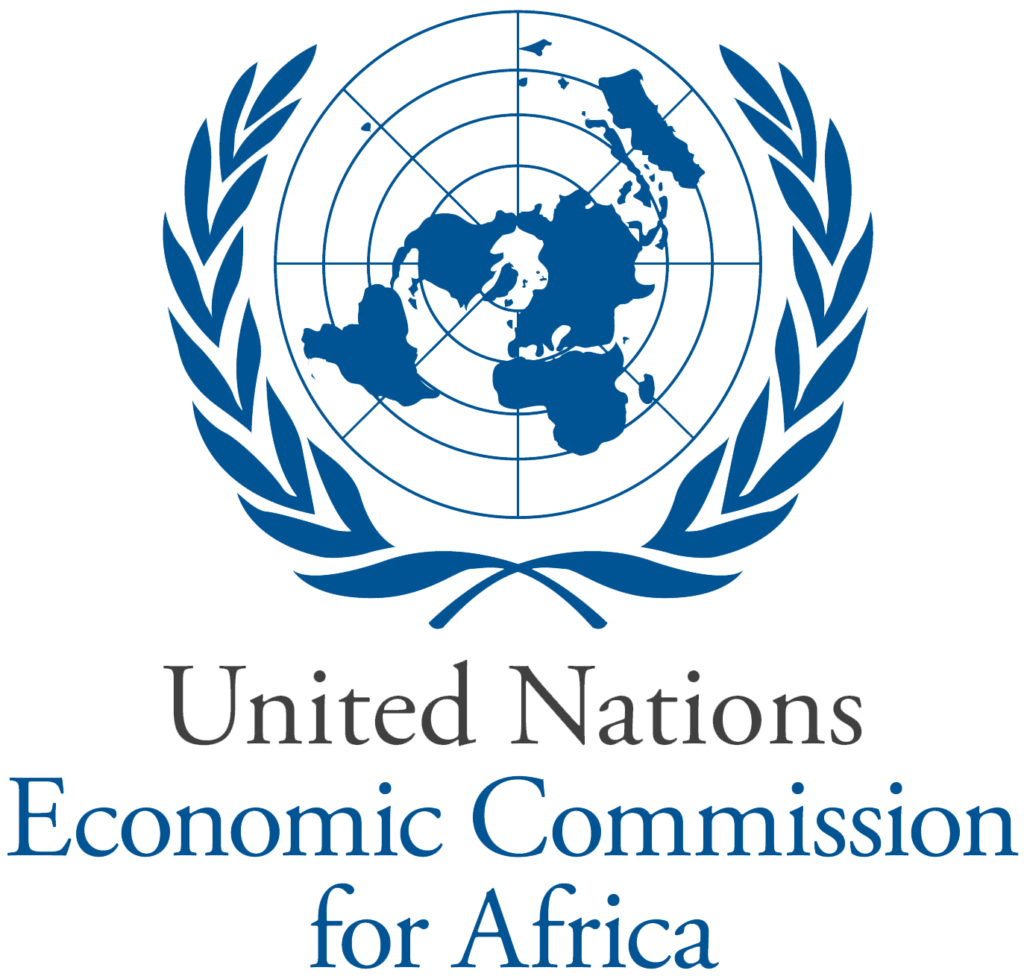
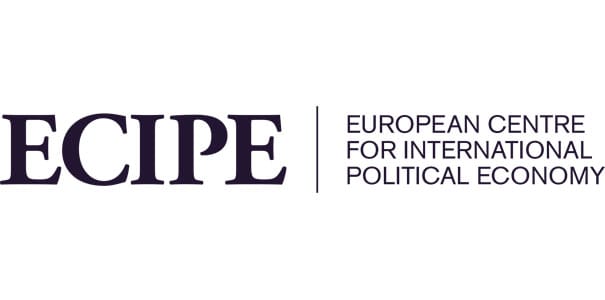

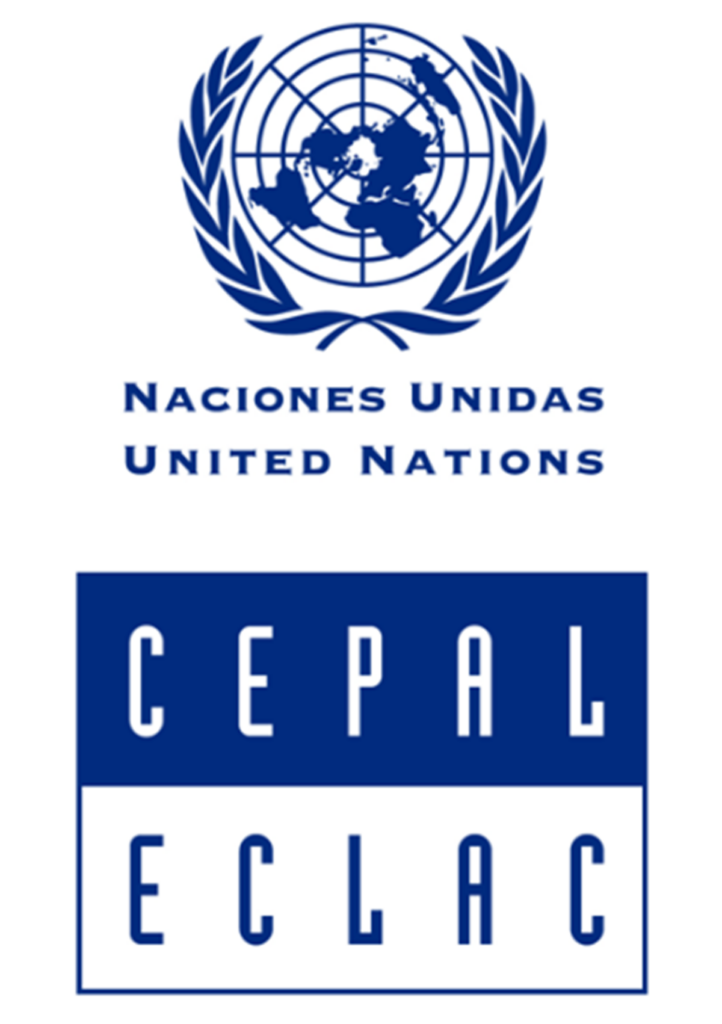
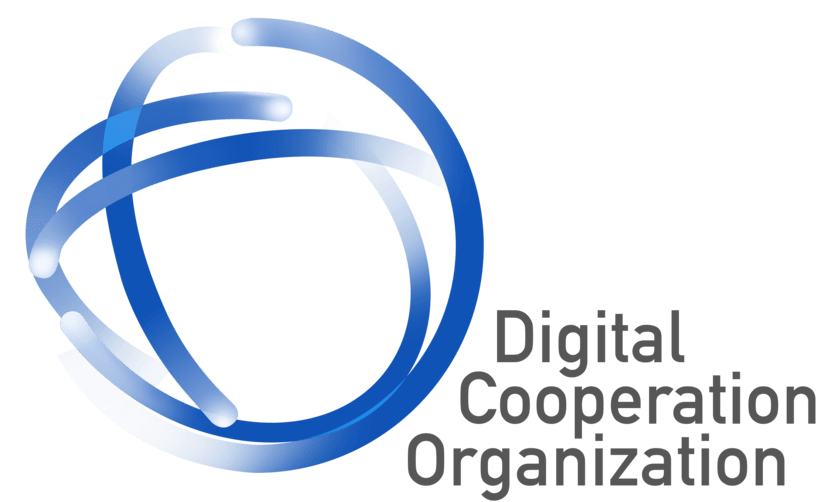

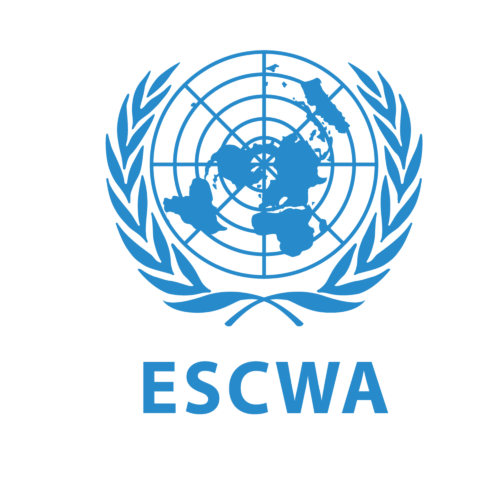
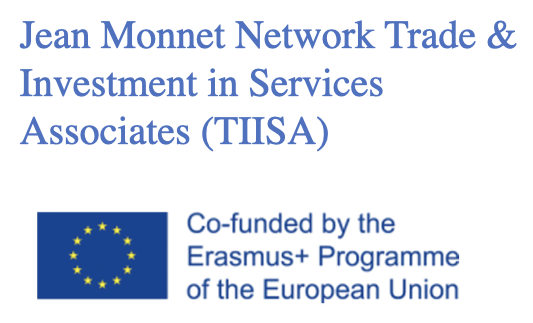
Acknowledgements
The DTI project is one of the winning projects selected under the first call for CIVICA Research’s collaborative research projects. CIVICA Research brings together researchers from eight leading European universities in the social sciences to contribute knowledge and solutions to the world’s most pressing challenges.
The starting point for data collection has been the Digital Trade Estimates database by the European Center for International Political Economy (ECIPE). The methodology has been improved, and the coverage has expanded thanks to partnerships with several academic institutions and international organizations. In particular, regulatory data for the following countries has been collected in collaboration with:
- the London School of Economics, Hertie School, and Bocconi University: 27 Member States of the European Union, Canada, Norway, United Kingdom, and the United States;
- the Digital Cooperation Organization (DCO): Bahrain, Jordan, Kuwait, Morocco, Oman, and Saudi Arabia;
- the UN Economic Commission for Latin America and the Caribbean (UN-ECLAC): Argentina, Barbados, Belize, Bolivia, Brazil, Chile, Colombia, Costa Rica, Cuba, Dominican Republic, Ecuador, El Salvador, Guatemala, Guyana, Haiti, Honduras, Jamaica, Mexico, Nicaragua, Panama, Paraguay, Peru, Saint Lucia, Suriname, The Bahamas, Trinidad and Tobago, Uruguay, and Venezuela;
- the UN Economic and Social Commission for Asia and the Pacific (UN-ESCAP): Australia, Brunei Darussalam, Cambodia, China, Hong Kong, India, Indonesia, Japan, Kazakhstan, Korea, Lao PDR, Malaysia, Nepal, New Zealand, Pakistan, the Philippines, the Russian Federation, Singapore, Thailand, Turkey, Vanuatu, and Vietnam;
- the UN Economic Commission for Africa (UN-ECA): Algeria, Angola, Benin, Botswana, Burkina Faso, Burundi, Cabo Verde, Cameroon, Central African Republic, Chad, Comoros, Congo, Côte d’Ivoire, Democratic Republic of Congo, Djibouti, Egypt, Equatorial Guinea, Eritrea, Eswatini, Ethiopia, Gabon, Ghana, Guinea, Guinea-Bissau, Kenya, Lesotho, Liberia, Libya, Madagascar, Malawi, Mali, Mauritania, Mauritius, Mozambique, Namibia, Niger, Nigeria, Rwanda, São Tomé and Príncipe, Senegal, Seychelles, Sierra Leone, Somalia, South Africa, South Sudan, Sudan, Tanzania, The Gambia, Togo, Tunisia, Uganda, Zambia, and Zimbabwe.
- the UN Economic and Social Commission for Western Asia (UN-ESCWA): Iraq, Lebanon, Qatar, State of Palestine, Syrian Arab Republic, United Arab Emirates, and Yemen.
- the US Department of Commerce: Kyrgyz Republic, Tajikistan, Turkmenistan, and Uzbekistan.
- the Asian Development Bank: Armenia, Azerbaijan, Bangladesh, Bhutan, Fiji, Georgia, Mongolia, Papua New Guinea, Sri Lanka, Timor-Leste.
For more information about related regional initiatives, please visit the following websites:
- UN-ESCAP: https://www.unescap.org/projects/rcdtra
- UN-ECA: https://dtri.uneca.org/
We would also like to thank all the researchers who contributed to data collection: Fandi Achmad, Folasade Aderoju, Brice Adou, Richard Adu-Gyamfi, Sam Agbahoungba, Marie-Louise Aren, Cham Etienne Bama, Ibrahim Tanda Bonkano, Emmanouil Bougiakiotis, Veronique Brutus, Sylwyn C. Calizo, Ruben Cano, Timothy Chan, Tapiwa Ronald Cheuka, Gabriel Cohen, Kshitiz Dahal, Abdou Khadre Diop, Oscar Eggleton, Akinyi Eurallyah, Guillermo Caballero Ferreira, Alejandro Fredes, Clarence P. Freeman, Biruh Gemeda Gage, Yao Nukunu Golo, Ignacio Sánchez González, Nomalanga Gule-Masango, Le Thu Ha, Khabbab Hadhri, Mario Imigo, Yasmin Ismail, Said Jafarli, Rianne ‘t Jong, Ethan Kable, Lawrence Kamilo, Rajohnson Tiava Ny Kanto, Modibo Keita, Beatrice Kinyua, Manfred Kouty, Richard Kubwalo, Etienne Lale, Azwimpheleli Langalanga, Roland Leudjou, Murilo Lubambo, Stefan Luca, Juan F. Rodrigo López, Abdellatif Mahamat, María José Marín Bravo, Hermine Mbarga, Matteo Micol, Amilcar Monteiro, Constanza Jesús Montenegro, Vicente Muñoz, Jacqueline Musiitwa, Hilda Mwakatumbula, Rania Nabil Naguib, Yohan Nah, Zin Zin Naing, Dorothy Nakyambadde, Esther Nali, Kobie Nebie, Talent Nesongano, Pierina Puente Berrospi, Oluwasola Emmanuel Omoju, Legnimin Oyode, Aditi Pandey, Jacquiline Pimer, Francis Mark Quimba, Radouane Raouf, Lucia Retes, Rose Ronoh, Jose Julio Sanches, Elga Dos Santos, Lara Sass, Ayushi Singh, Archana Subramanian, Natnicha Sutthivana, Rediet Taddese, Kuda Tshiamo-Kgati, Bianca Rocha VanderLei, Manasa Venkatachalam, Staicy Wagala, Zhang Wenquing, Grace Yang, Thabiti Yssoufa, Siyu Yu, Laura Zajaczkowska, Latifa Zandamela.
This project has received funding from the European Union’s Horizon 2020 research and innovation programme under grant agreement No 101017201, as well as from the German Academic Exchange Service (DAAD) with funding from the Federal Ministry of Education and Research (BMBF).
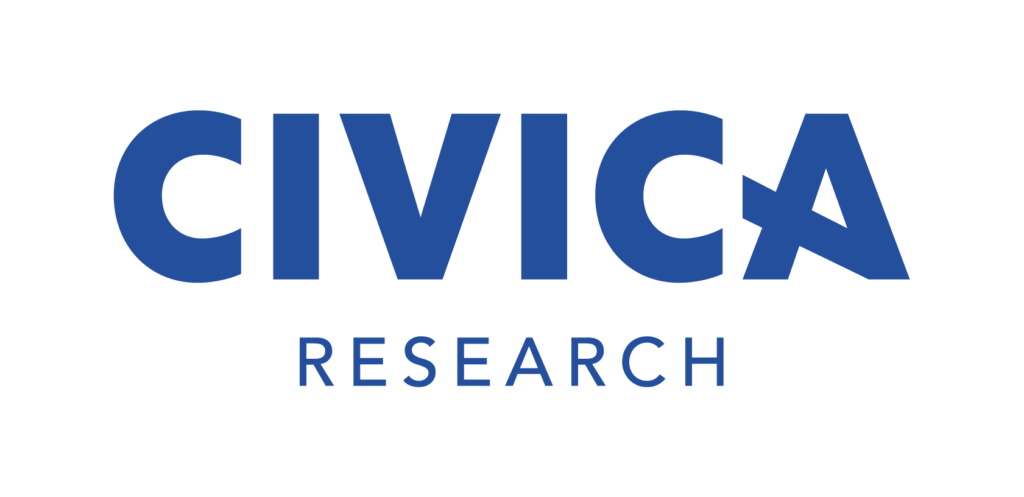

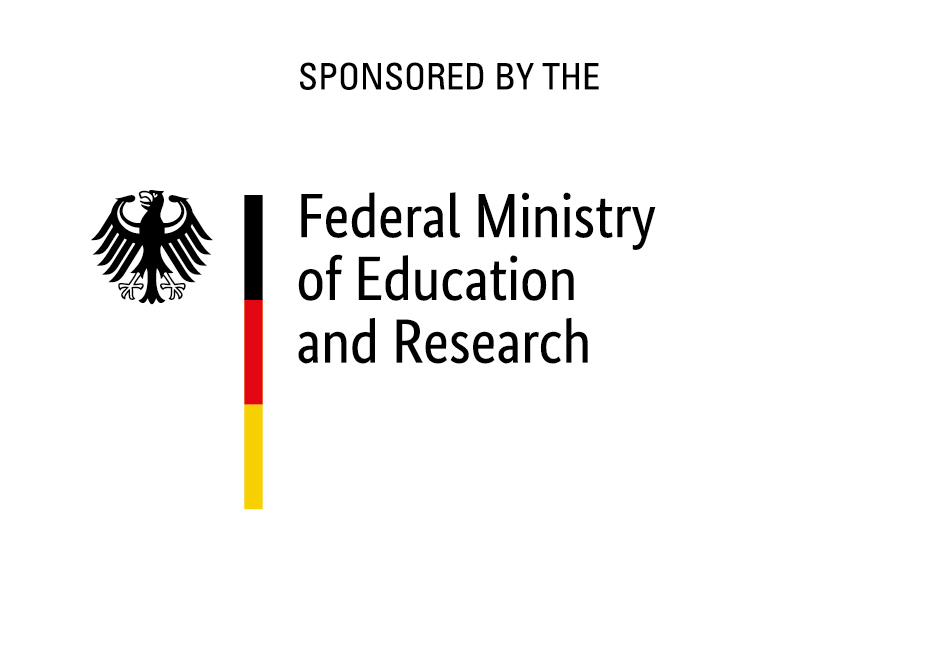
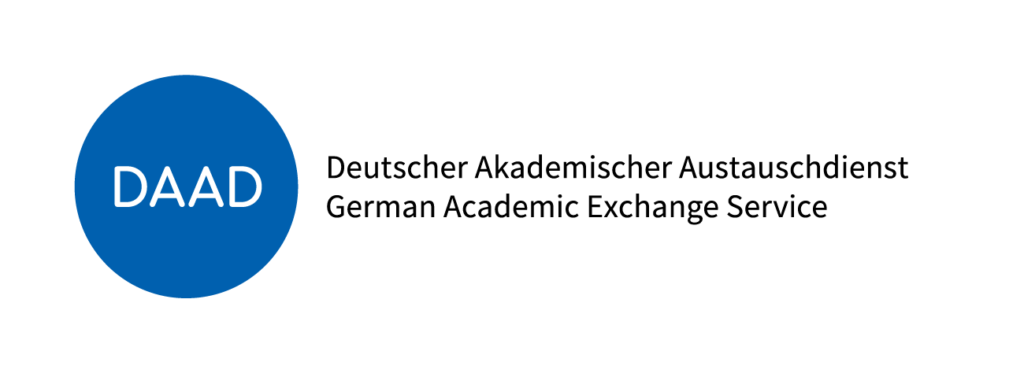
Be the first to know what’s happening.
Join the DTI newsletter
